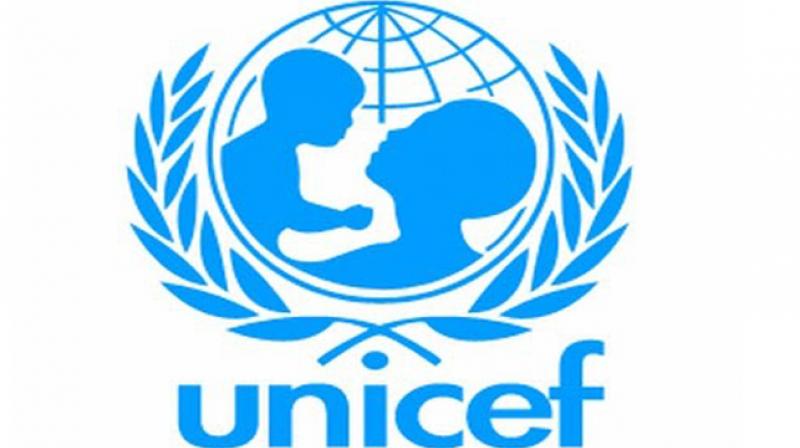UNICEF is investing in tech start-ups

The United Nations children's agency is taking a cue from Silicon Valley and making venture capital investments in emerging market tech start-ups to create solutions for some of the most pressing problems facing children today.
UNICEF's senior adviser on innovation Chris Fabian said Tuesday that the first portfolio of investments includes five start-ups from Nicaragua, Bangladesh, South Africa and Pakistan, each of whom will receive around $100,000 in seed capital. He said UNICEF hopes to invest in 20-40 more start-ups in 2017.
"The best of Silicon Valley is agility, flexibility and ability to take risks and the best of the U.N. and UNICEF is an ability to work strategically and at scale. If you can find a sweet spot in between that - if you can find a vehicle that combines risk taking with the ability to make those solutions take hold at a government level you can really make enormous change in the world," Fabian said.
The first five start-ups to receive funding from the UNICEF Innovation Fund are looking generally at questions of identity and access to information.
mPower, a start-up from Bangladesh, is seeking to create a digital registry platform to better monitor maternal and child health care.
9Needs, from South Africa, is using blockchain technology to create management system for early childhood development services.
"You could see that applied to kids in refugee camps and other settings," he said, adding that the start-ups could help children have their education records and other information follow them around even when they have been forcibly displaced.
Fabian said that while UNICEF does not take an equity stake in any of the companies and all the software being developed is open source, he still considers it an investment.
"Our returns could be huge because we would get all the return that comes from having a powerful open source technology stack everywhere in the world and that's something we believe is an accountable and measureable asset," Fabian said.
The other companies receiving UNICEF venture capital are: Nicaragua's Saycel, which provides affordable mobile connectivity to communities off the traditional grid; Pakistan's Innovations for Poverty Alleviation Lab, which uses mobile technology to help semi-literate fathers learn how to better support maternal and new born health; and Cambodia's Chatterbox, which works to help low literacy communities through technology.
The UNICEF Innovation fund is currently looking for start-ups to apply for investments for the next round of funding in 2017.

